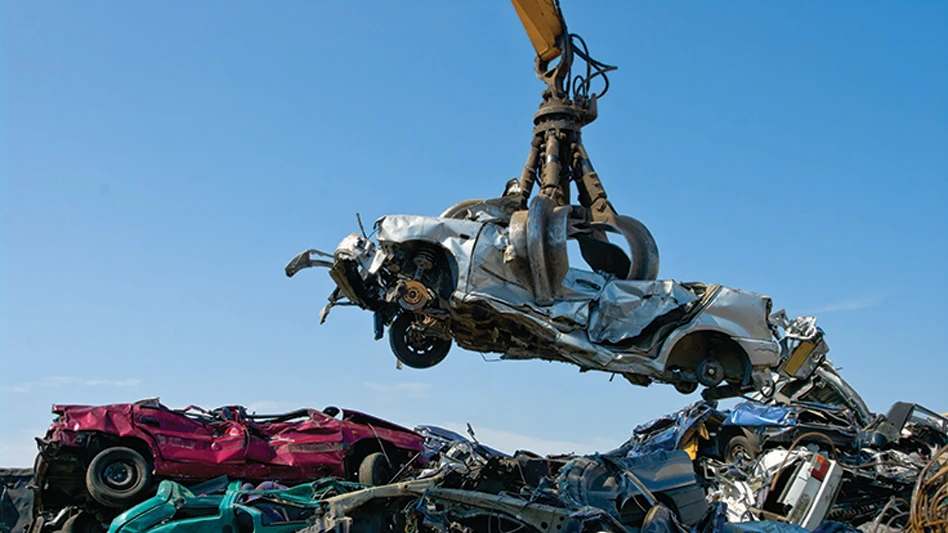EuRIC and FEAD say a circular automotive sector requires a robust regulatory framework that promotes fair, transparent practices and ensures the uptake of recycled materials, which is why they are urging policymakers to adopt their suggestions for the upcoming End-of-Life Vehicles Regulation (ELVR) that are intended to prevent practices that hinder competition, circularity and recyclers’ efforts to recover materials.
The organizations are calling for policymakers to:
- establish independent oversight to monitor the operations of producers and their producer responsibility organizations (PROs) to prevent potential market distortions and conflicts of interest;
- recognize that extended producer responsibility (EPR) schemes are not a silver bullet, noting that where EPR schemes are in place, the entire recycling value chain, from authorized treatment facilities (ATFs) to mechanical recyclers, must be included in the governance to ensure effective and transparent recycling practices; and
- ensure that manufacturers cover the full costs of ELV recycling, including dismantling and treatment, with recyclers retaining ownership of the valuable parts and materials recovered.
While transparency and fair practices are critical to protect recyclers and waste operators, true automotive circularity remains a long way off, they say. To secure investments in high-quality recycling and the uptake of recycled materials that boost circularity, EuRIC and FEAD are calling for the maintenance of the 25 percent-recycled-content target for plastics in ELVs, as proposed by the European Commission. This target is both realistic and verified, they say, and should be based on postconsumer materials, excluding preconsumer scrap and biobased plastics, which could undermine its effectiveness. They also call for introducing a mandatory recycled-content target for steel in vehicles as steel remains the leading material in vehicle production, saying the target would drive investment and improve the quality of steel recovered from ELVs.
FEAD (European Waste Management Association) and EuRIC (European Recycling Industries’ Confederation), both based in Brussels, say the European Commission’s decision to fine 15 carmakers and the Brussels-based European Automobiles Manufacturers’ Association for “participating in a long-lasting cartel concerning ELV recycling” shows the need for change.

